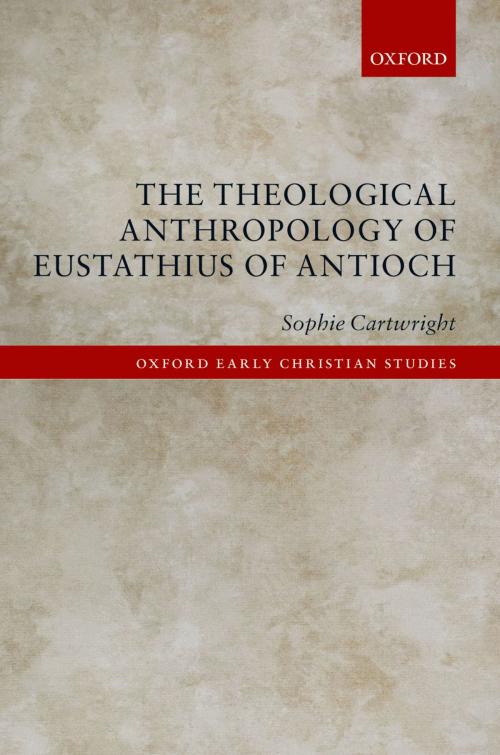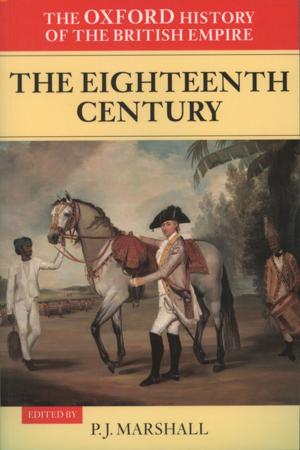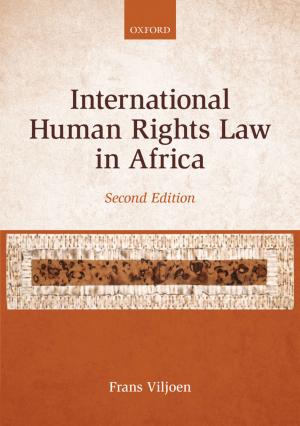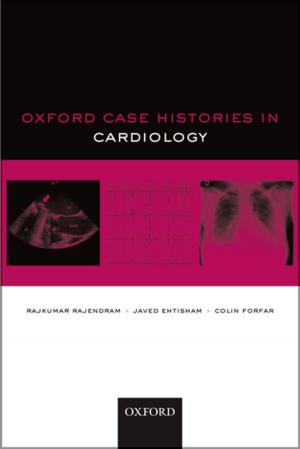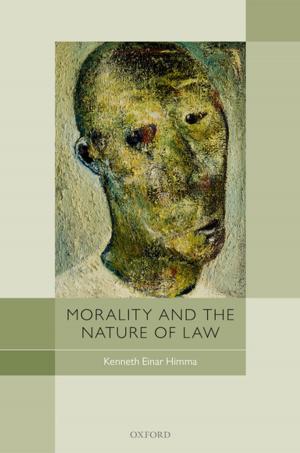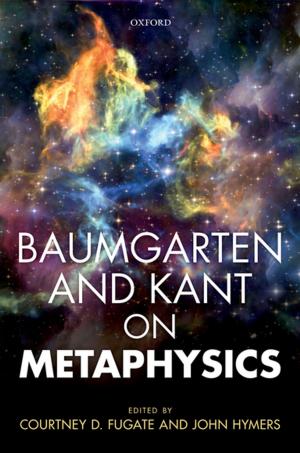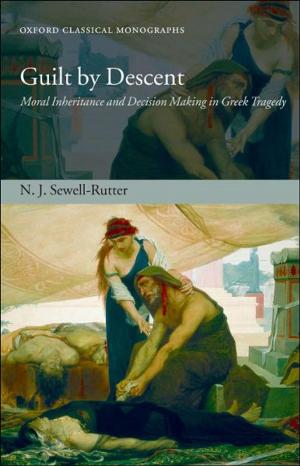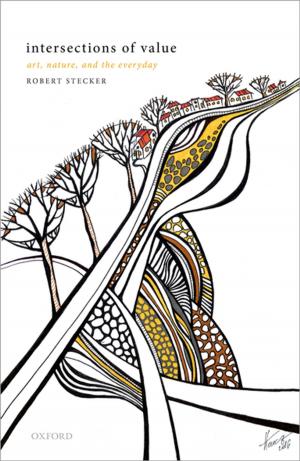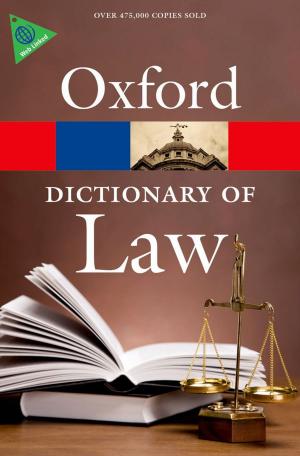The Theological Anthropology of Eustathius of Antioch
Nonfiction, Religion & Spirituality, Christianity, Church, Church History| Author: | Sophie Cartwright | ISBN: | 9780191078781 |
| Publisher: | OUP Oxford | Publication: | October 1, 2015 |
| Imprint: | OUP Oxford | Language: | English |
| Author: | Sophie Cartwright |
| ISBN: | 9780191078781 |
| Publisher: | OUP Oxford |
| Publication: | October 1, 2015 |
| Imprint: | OUP Oxford |
| Language: | English |
This authoritative study explores Eustathius of Antioch's theological anthropology, offering insight into one of the most important thinkers of the early Arian controversy. Sophie Cartwright situates Eustathius' thought in relation to the early 'Arian' controversy, the Constaninian Revolution, the theological legacies of Irenaeus and Origen, and the philosophical commentary tradition. She also locates Eustathius within his historical context and provides a detailed overview of the sources for his complex and fragmented corpus. Eustathius' anthropology is indebted to a tradition shaped by the theology of Irenaeus, that had already come into conversation with Origen. Dr Cartwright suggests that Origen's own thought was indebted to Irenaeus but that he had a radically different cosmology; this shaped subsequent engagement with both thinkers. Eustathius' theology of embodiment draws on Irenaeus, in opposition to what he perceives as the Origenist and Platonist anthropology which, in his anti-Arian works, he associates with Eusebius of Caesarea. However, he is deeply indebted to Origen for his doctrine of Christ's human soul and, consequently, his wider psychology. He places humanity at a great distance from God and seeks to give humanity autonomous value, especially in his discourse on God's image. This represents one logical negotiation of the rejection of Origen's eternal intelligible world. Eustathius' divisive Christology offers a picture of Christ as the perfect human being that echoes Irenaeus' Adam-Christ typology, fleshed out by an Origenian discourse on Christ's human soul and infused with a keen awareness of the chasm between God and humankind. He proffers a doctrine of inherited sinfulness as an alternative to Origen's doctrine of the fall and looks to a corporeal eschatological kingdom ruled over by the human Christ; this eschatology probably reflects discomfiture with Constantine's role in the church.
This authoritative study explores Eustathius of Antioch's theological anthropology, offering insight into one of the most important thinkers of the early Arian controversy. Sophie Cartwright situates Eustathius' thought in relation to the early 'Arian' controversy, the Constaninian Revolution, the theological legacies of Irenaeus and Origen, and the philosophical commentary tradition. She also locates Eustathius within his historical context and provides a detailed overview of the sources for his complex and fragmented corpus. Eustathius' anthropology is indebted to a tradition shaped by the theology of Irenaeus, that had already come into conversation with Origen. Dr Cartwright suggests that Origen's own thought was indebted to Irenaeus but that he had a radically different cosmology; this shaped subsequent engagement with both thinkers. Eustathius' theology of embodiment draws on Irenaeus, in opposition to what he perceives as the Origenist and Platonist anthropology which, in his anti-Arian works, he associates with Eusebius of Caesarea. However, he is deeply indebted to Origen for his doctrine of Christ's human soul and, consequently, his wider psychology. He places humanity at a great distance from God and seeks to give humanity autonomous value, especially in his discourse on God's image. This represents one logical negotiation of the rejection of Origen's eternal intelligible world. Eustathius' divisive Christology offers a picture of Christ as the perfect human being that echoes Irenaeus' Adam-Christ typology, fleshed out by an Origenian discourse on Christ's human soul and infused with a keen awareness of the chasm between God and humankind. He proffers a doctrine of inherited sinfulness as an alternative to Origen's doctrine of the fall and looks to a corporeal eschatological kingdom ruled over by the human Christ; this eschatology probably reflects discomfiture with Constantine's role in the church.
